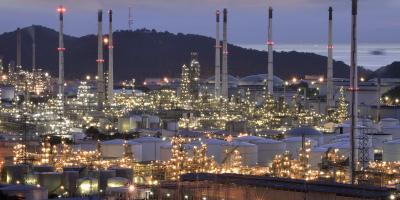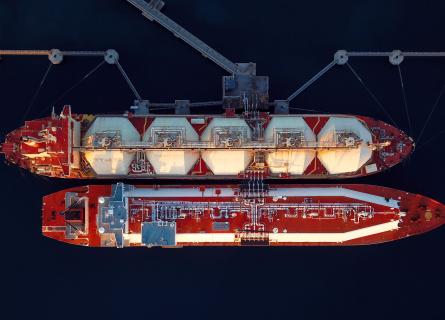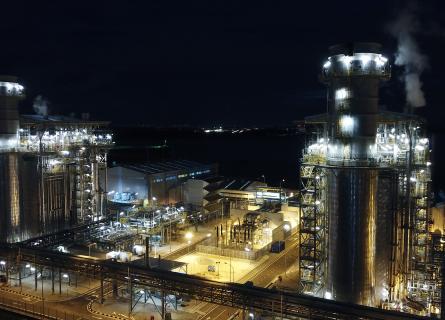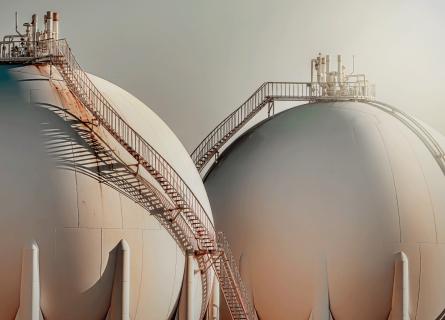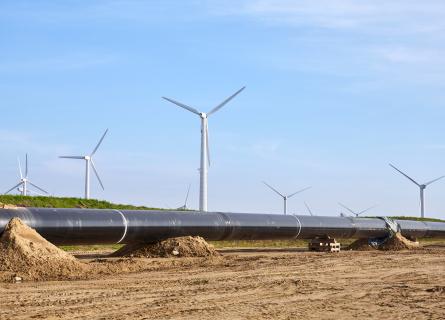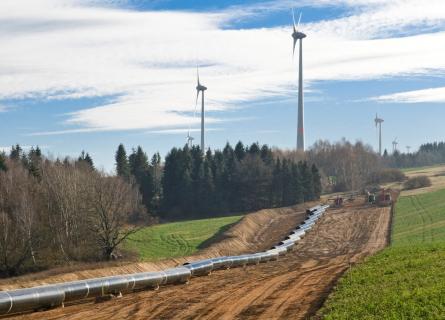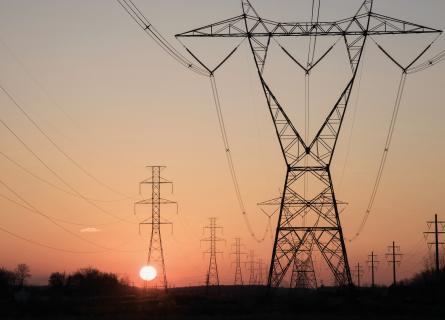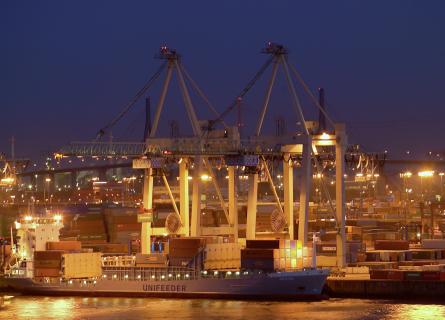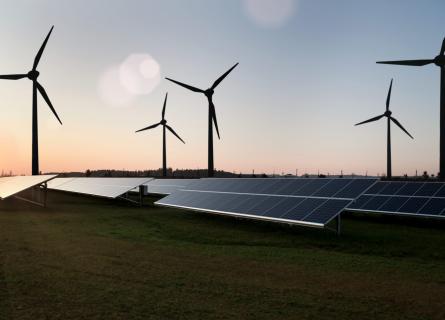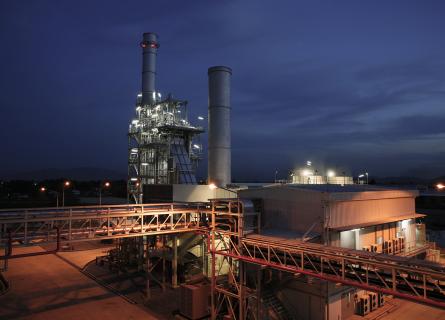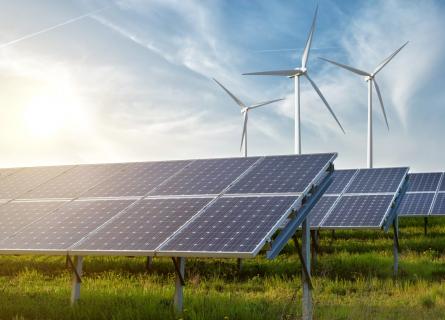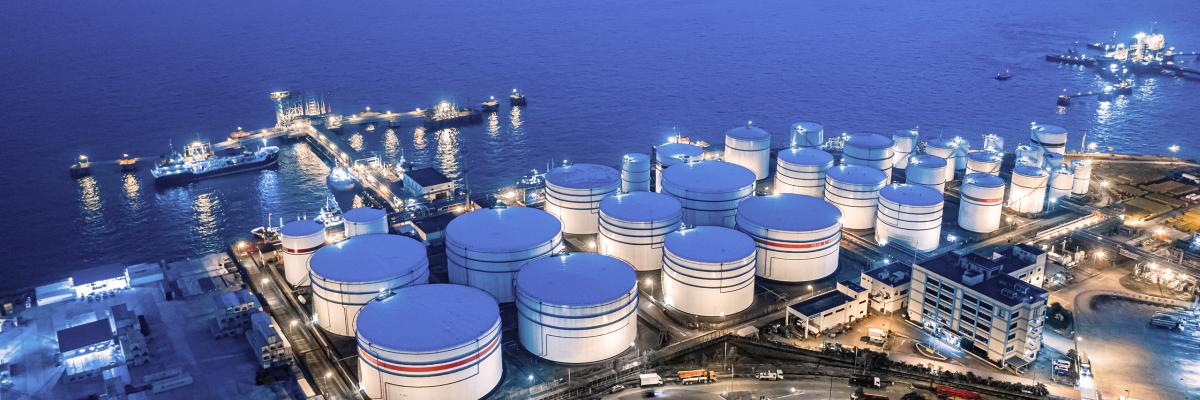
Liquefied Natural Gas
Energy solutions for a low-carbon future
Our experts take a holistic view of the shift from a largely fossil based world to a clean energy world and the mix of low carbon technologies available to support that shift. We accept that no source of clean energy is completely challenge free throughout the value chain, however we promote a balanced mix of technologies and solutions, taking into account the different resources and requirements in each geography.
LNG and NG in the energy transition
Our energy solutions for the transition to a low carbon future are built on a complete range of services utilizing different technologies and strategies, and liquefied natural gas has become a preferred fuel for power generation and logistics because it is a low-carbon resource.
Sweeping environmental, social, and business trends, including climate change and global carbon regulation; increasing pressure on fossil resources; expectations of corporate environmental performance; innovations in energy technologies and financial models; open the current business “LNG as a fuel for Power” to new risks and new paths of value creation.
LNG offers power producers a ready low carbon alternative to conventional fossil fuels. The market for LNG still has a bright future, driven by rapid expansion of LNG receiving capacity through regional players and a growing number of LNG-to-Power projects. Additional upside potential comes from recent technological developments, such as micro-LNG, floating regasification units (FSRUs), and floating power barges, which are reconnecting (partially) stranded power assets and opening new pockets of demand in a variety of countries as well as available potential cold energy. Cold energy is the energy released during the regasification of LNG to NG and if not utilized is released to the environment (e.g. air, seawater). Efficient utilization of cold energy can enhance energy efficiency of the LNG supply chain and reduce greenhouse gas emission.
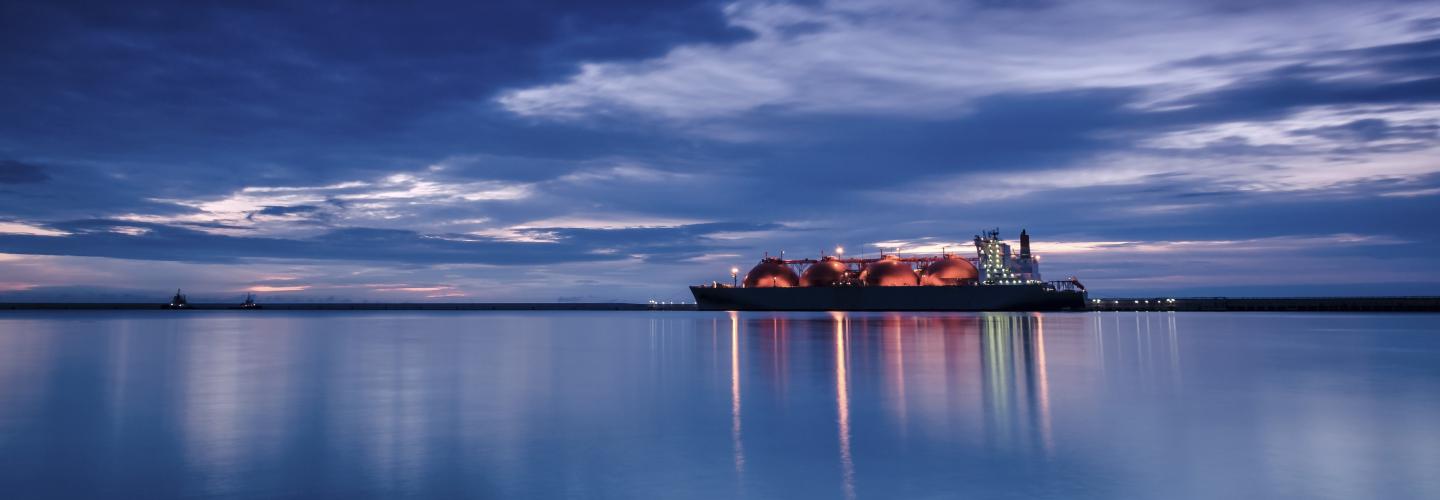
AFRY offers concrete solutions for LNG/NG based power generation by optimizing facility processes and operations for efficiency, safety and quality, while promoting sustainable and reliable energy.
- Site and concept selection
- Minimum functional specifications for LNG terminal
- Feasibility studies for the land-based LNG terminal, floating LNG terminal ( FSRU, FSU), and LNG-to-Power projects
- Technical Due Diligence services
- Quantitative risk analysis (QRA)
- Fire and explosion risk assessment (FERA)
- Cost-benefit analysis
- Cryogenic spill analysis
- Vent dispersion and radiation study report
- Escape, evacuation, and rescue analysis report
- LNG regasification system design
- LNG breakbulk and bunkering studies

Interested in our offering? Contact us!
